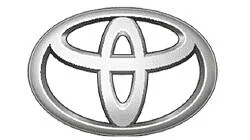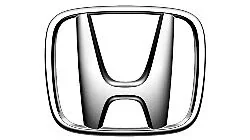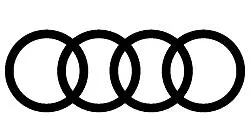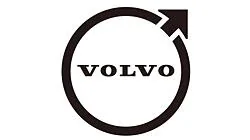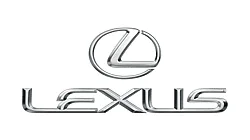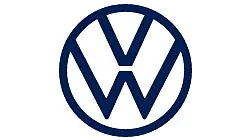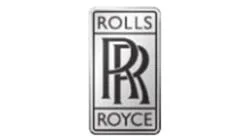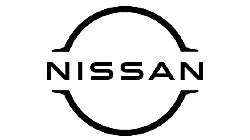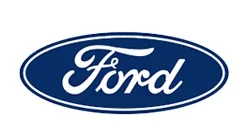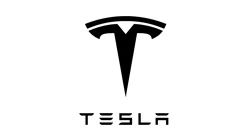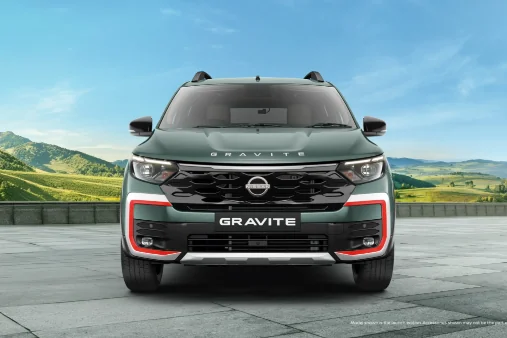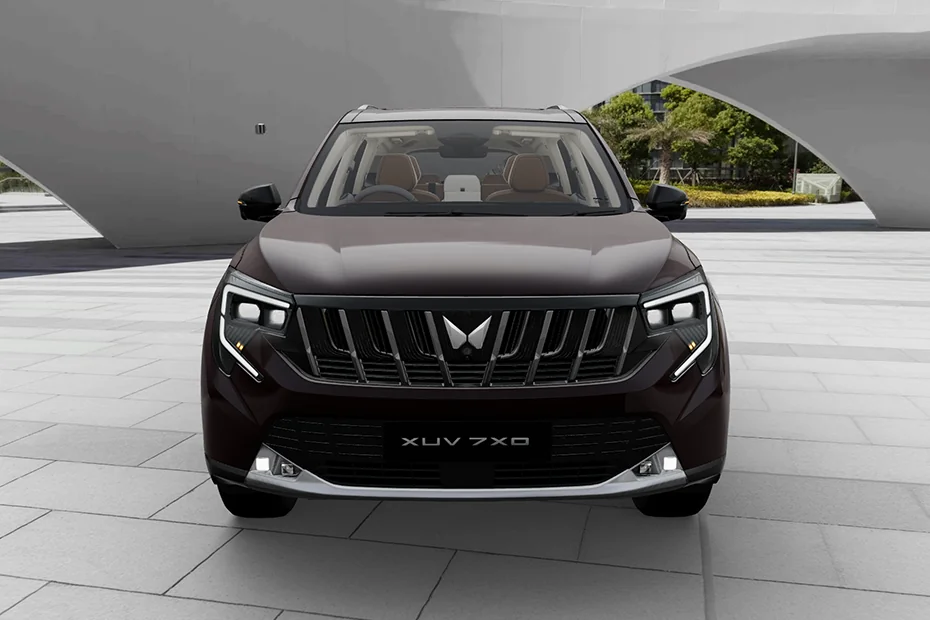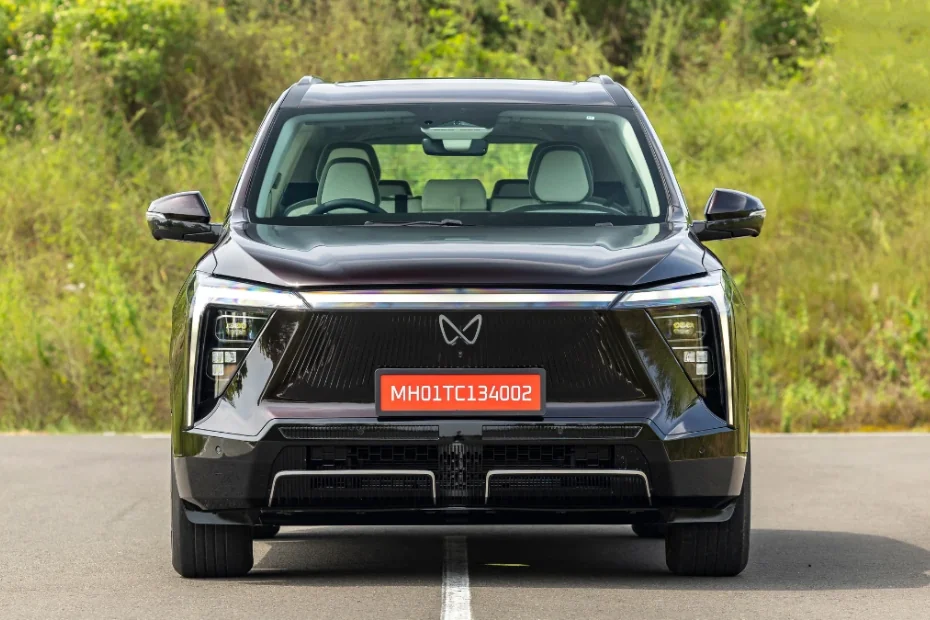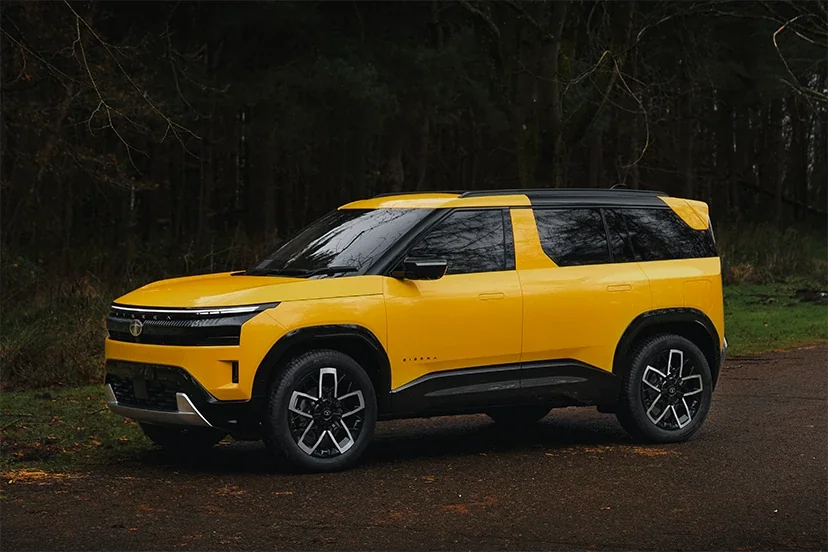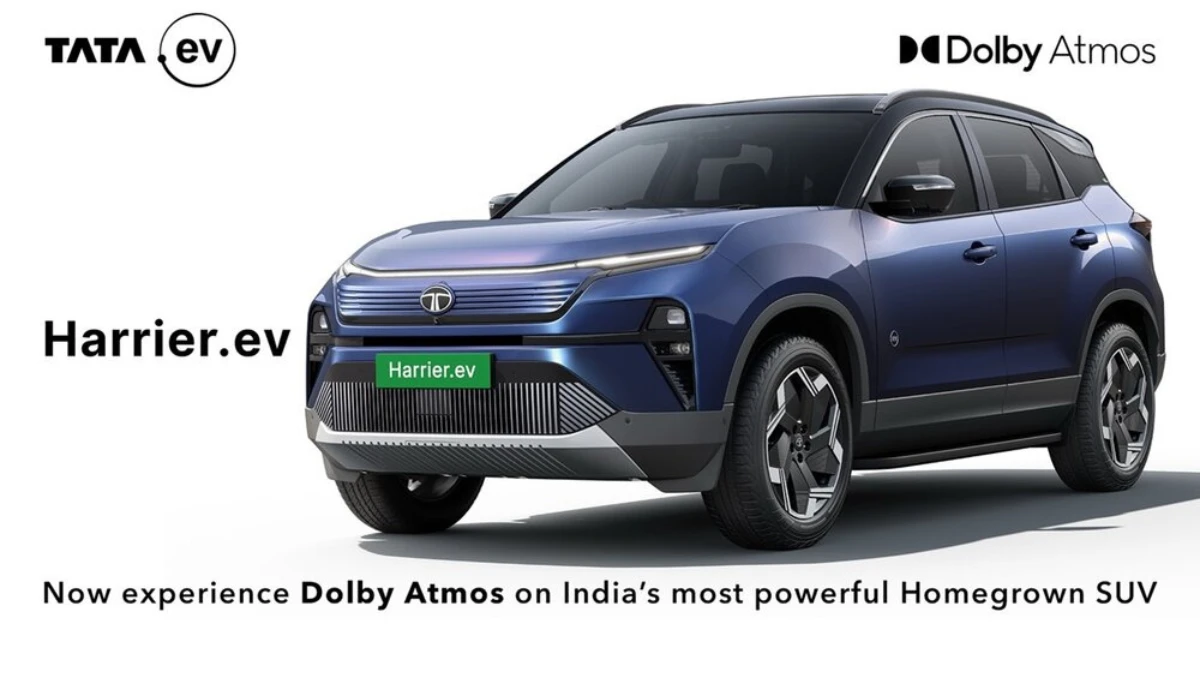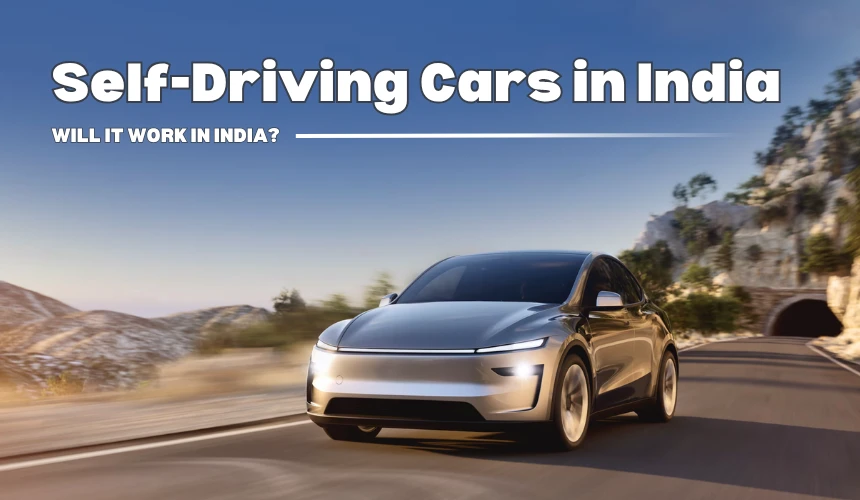
Another term used to describe a flex-fuel car is flexible fuel vehicle, or FFV. These cars are engineered to run on more than one type of fuel. This means that such cars can be run on gasoline, ethanol, or even both types of fuels blended together. This will help you know how to make the right decision when choosing the fuel for your car.
Flexible fuels are cars with the capability of running on any percentage of ethanol mixed up with gasoline. From E10, which is 10% of the ethanol, comes E85, which constitutes 83% of it. Ethanol is a green fuel derived from plant products such as corn or sugarcane and other biomass products. Flex-fuel vehicles are customized with the fitting designed specifically such that this vehicle can handle the fuel mix. It allows a vehicle to switch over between running on gasoline and ethanol without any interruption.
Fuel System of a Flex Fuel Car

This fuel of the flex-fuel car consists of the system of control. The operating condition of the engine changes depending on the type of fuel. Sensors monitor the level of ethanol in this fuel and, hence, adjust the parameters according to the requirement.
- Fuel Tank: This tank contains the fuel blend. The fuel blend might consist of gasoline with ethanol.
- Fuel Pump: It is the pump that distributes fuel from the tank to the engine.
- Fuel Injection System: The system injects the fuel meant for ignition in the combustion chamber.
- Electronic Control Module (ECM): It ensures the running of the engine efficiently with the applied fuel blend through adjusting the ignition timing and the fuel-to-air mixture.
The engine of a flex-fuel car has just a few extra parts that help it cope with ethanol, whose chemistry is a lot different from gasoline. These would include changes in the fuel pump, the fuel lines, and the ECM to accommodate the higher oxygen content in ethanol.
How Does the Engine Adapt?
Advanced sensors can alter the fuel mix in a flex-fuel engine using the module on the engine control. Once the car feels that it carries more percentage of ethanol, then the system changes the air-fuel mix so that it is efficiently combusted. Ethanol burns differently from gasoline; hence, a car's engine must take this into consideration to keep up with its performance and efficiency.
Use of Ethanol in a Flex-Fuel Vehicle

Ethanol is a renewable resource compared to gasoline because it is produced from crops such as corn or sugarcane. It burns cleaner than gasoline, so its emissions will be much lower, and is often perceived as being environmentally superior. Finally, ethanol is generally less expensive to purchase than gasoline, which can sometimes make it a more fiscal-friendly choice.
However, ethanol has a lower energy density compared to gasoline. This would imply a fuel efficiency drop. Flex-fuel car design ensures that the decrease in fuel efficiency when using ethanol is maintained but it may have lower fuel economy than gasoline.
Is Flex Fuel Better Than Petrol?

To determine the answer, several considerations are needed.
- Fuel Efficiency: Flex-fuel cars can use both ethanol and fuel. Ethanol has less energy, thus when in higher ethanol blends the flex-fuel car could have much lower mileage. However, when ethanol is cheaper than fuel, in such places, it may even render the decrease in mileage useless.
- Availability: There are fewer ethanol stations than gasoline stations, and in places where ethanol is not available, this may become a problem for drivers. In any case, most flex-fuel cars are built to run on gasoline if ethanol is not available.
- Maintenance: Compared to petrol, ethanol is corrosive, hence may need higher maintenance compared to other fuels. Its use will result in faster wear-out of parts like fuel lines and injectors that will add on the maintenance cost in the long run.
- Environmental Impact: Ethanol is a cleaner-burning fuel than petrol, and it produces fewer emissions; it also benefits the environment. Ethanol is renewable and not a fossil fuel, as it is with petrol, thereby reducing dependence on fossil fuels.
- Cost: Some places offer ethanol cheaper than petrol. However, there are the costs of maintenance and the purchase of a flex-fuel car as well.
Flex Fuel Vehicles in the Market

As the automobile industry starts to focus on greener options, more automakers have started embracing the idea of flex-fuel variants for popular models. In fact, increasing sensitivities about flex fuel led to reduced emissions and reliance on fossil fuels.
- Hyundai Creta: Hyundai has also launched a flex-fuel variant of the most sought-after Creta SUV. The flex-fuel variant of the Creta can run to 100% ethanol, which proves that Hyundai is no less serious about a cleaner future.
- Mahindra XUV 3XO Flex-Fuel Edition: It is one of the multiple configurations of Mahindra's XUV 3XO Flex-Fuel Edition with 1.2 litere of a turbocharged mill fueled by 20 percent ethanol-based fuel and 80 percent of petrol. It boasts of all its other standard features along with the six-pack of environment-friendly fuel choices as well.
- Tata Punch Flex-Fuel Variant: The Tata Punch has introduced a flex-fuel variant that can be run on pure ethanol. This makes an environment-conscious customer shift to a less harmful vehicle.
Conclusion
Flexi-fuel cars are also a great alternative to the traditional conventional petrol-run car. The user can run their vehicles on varied fuel mix and it helps reduce fuel cost along with harmful emission to the environment. Flex fuel is not as accessible as petrol but holds several long-term advantages with respect to sustainability. Whether a flex-fuel vehicle is better than a petrol one will depend on what you value most. If you want a vehicle with environmental benefits coupled with flexibility in refueling, then the best vehicle for you would be a flex fuel one. If you wish to drive a fuel-economical car and filling up is easy, then petrol is the best fuel for you.
About Author
Kritika Dadhich, a skilled writer who seamlessly juggles her roles as a blogger and poet. With a deep love for cars and a talent for storytelling, she brings fresh insights and captivating narratives. Join her on an exciting journey through the world of automobiles.
Top Car Brands in India
Top Car Brands in India
Trending Car News in India
Trending Cars in India
Trusted Dealer
All Over India
Irresistible Offers
Stay Updated, Pay Less
Compare Cars
Choose the Right Car
Easy Finance
Multiple Finance Options

Monday - Saturday
10:00am - 6:30pm
+91 7947722777, +91 7479000444, +91 9311718549
contact@carlelo.com









